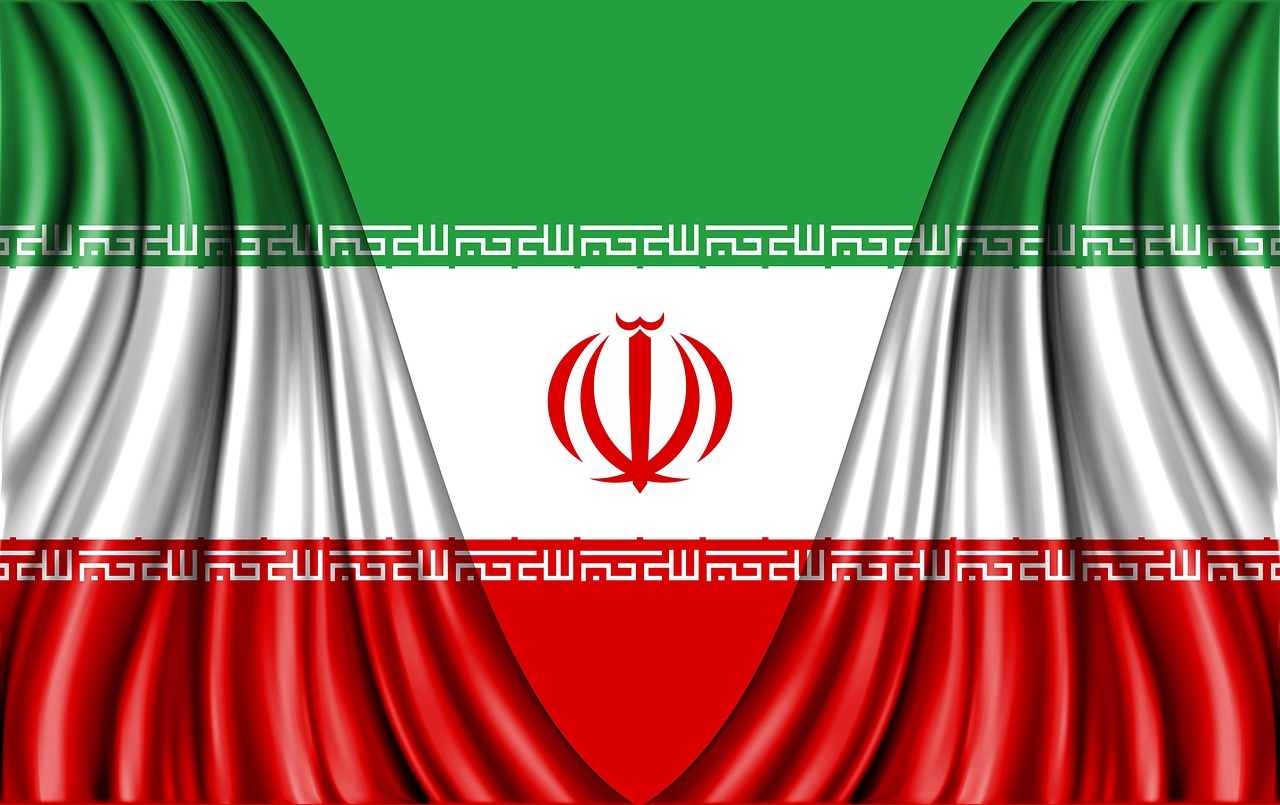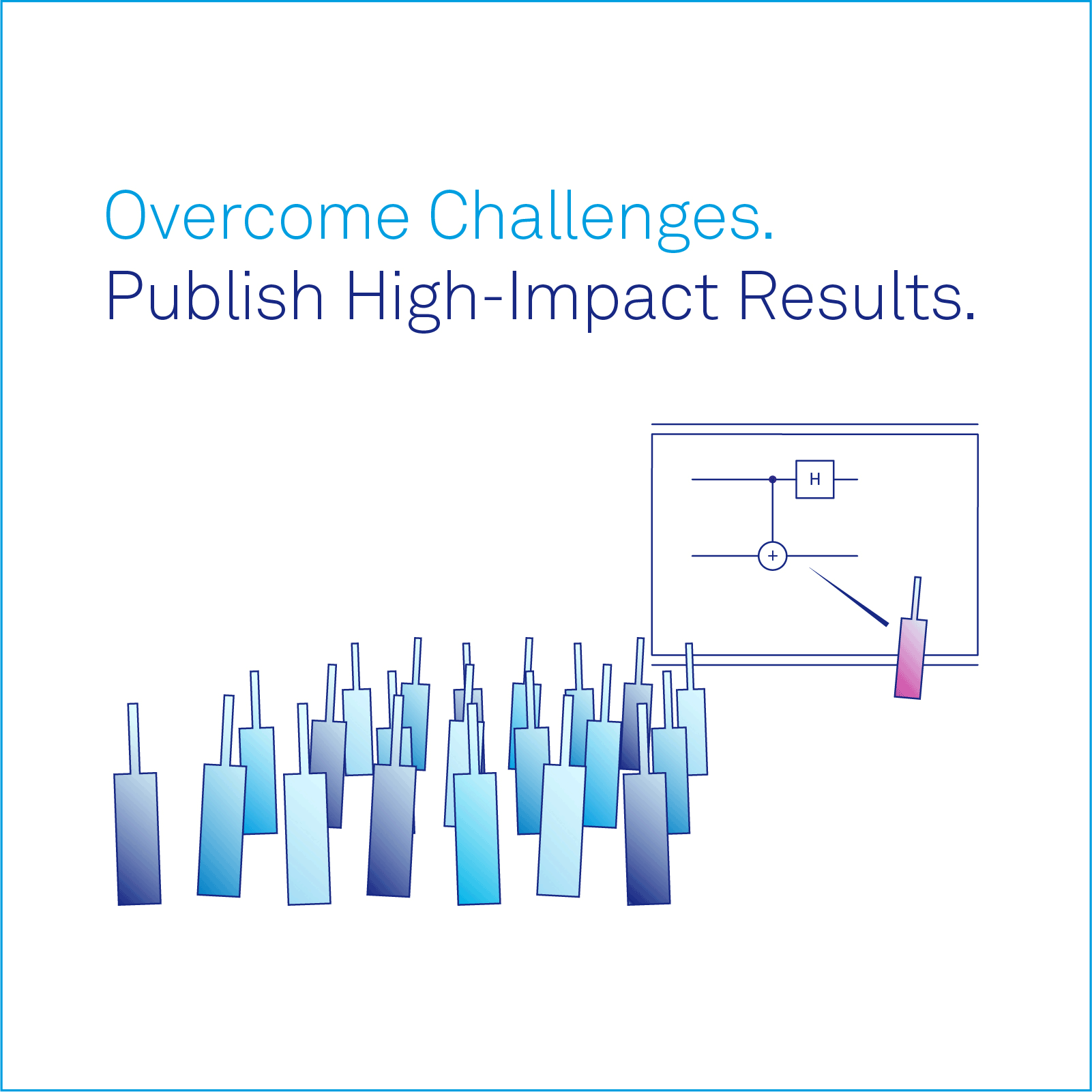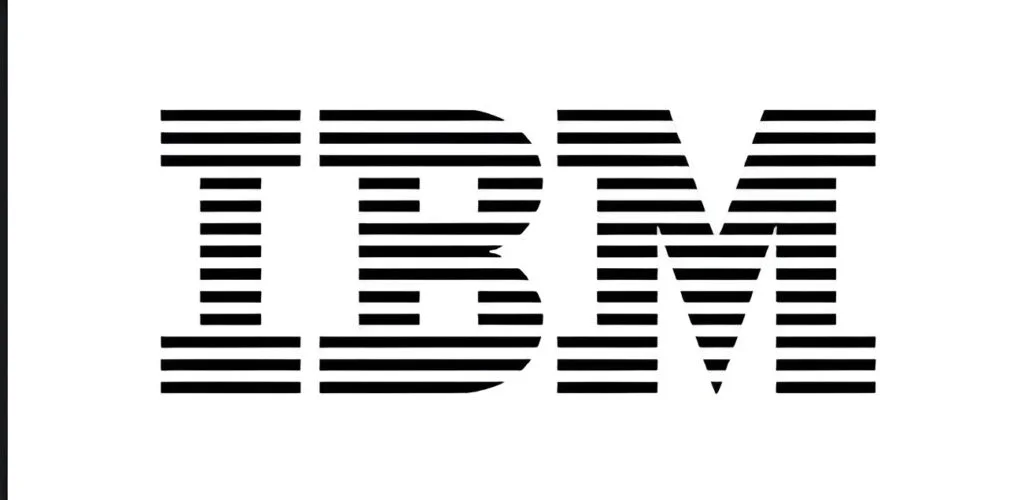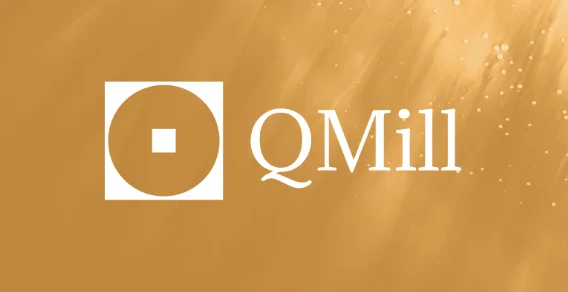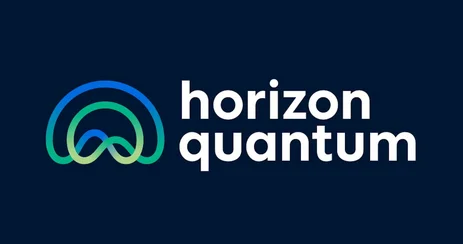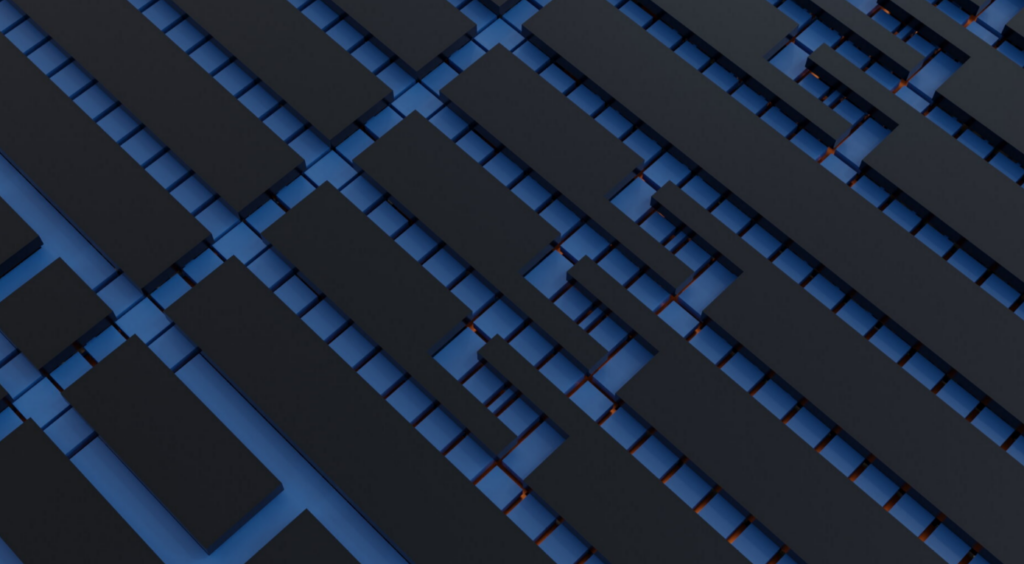Insider Brief
- Iran announced plans to establish its first Quantum Communication Laboratory and Atomic Clock Laboratory to strengthen national capabilities in quantum science.
- The government’s Scientific and Technological Vice Presidency will fund 55% of the Quantum Communication Lab, developed in partnership with the ICT Research Institute.
- Officials said the new facilities will advance research in secure quantum communications, precision sensing, and timekeeping, positioning Iran to compete in global quantum technology development.
Iran is moving to establish its position in the global quantum technology race with the creation of two new research facilities — a Quantum Communication Laboratory and an Atomic Clock Laboratory — marking the country’s most significant step yet toward developing a quantum internet.
The effort, announced by Dr. Hossein Afshin, Deputy Vice President for Science, Technology, and Knowledge-Based Economy, is being led in coordination with Iran’s Ministry of Information and Communications Technology, according to the WANA News Agency. The initiative aims to strengthen national research capacity in quantum computing, communication, and sensing, technologies that could reshape defense, finance, and digital security systems.
Quantum Infrastructure for Secure Communications
At the center of the plan is the Quantum Communication Laboratory, which Afshin said will become operational within a year. Developed in partnership with the ICT Research Institute, the lab is designed to serve as a national reference center for ultra-secure communications based on quantum mechanics. These systems rely on the principles of quantum entanglement and superposition — phenomena that could allow new ways to compute and keep information safe from unauthorized interception. Such technologies are considered essential for countries seeking to build communication networks that cannot be hacked using classical computing methods.

The lab will receive the majority of its funding from the government’s Scientific and Technological Vice Presidency, which has pledged to cover 55 percent of the project’s cost. Officials describe the investment as a strategic step to ensure Iran keeps pace with the world’s leading quantum programs in China, the United States, and Europe.
Expanding Into Quantum Sensing
Iran’s second major initiative is the creation of an Atomic Clock Laboratory, a facility focused on advancing quantum sensing. Atomic clocks use the natural oscillations of atoms to keep time with extraordinary precision—an essential capability for satellite navigation, synchronization of communications, and scientific research.
Afshin said the atomic clock project is being developed in collaboration with one of Iran’s top universities and is nearing completion, with further details to be disclosed once formal agreements are finalized.
While Iran’s plans demonstrate a growing commitment to quantum science, the country would likely face major hurdles in translating research into industrial applications. Building the human capital, hardware, and manufacturing ecosystem needed for quantum computing and communication remains a complex and resource-intensive challenge.
Iranian officials add that the new laboratories will not only accelerate scientific discovery but also help establish international credibility in a field increasingly tied to national security and technological sovereignty.
The WANA News Agency, short for West Asia News Agency, is an Iran-based state-affiliated news organization

